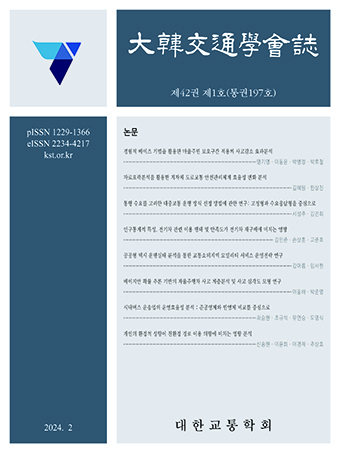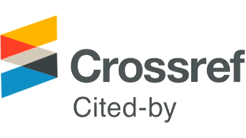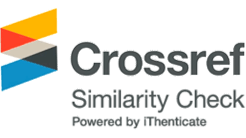Article
Abstract
References
Information
- Publisher :Korean Society of Transportation
- Publisher(Ko) :대한교통학회
- Journal Title :Journal of Korean Society of Transportation
- Journal Title(Ko) :대한교통학회지
- Volume : 37
- No :1
- Pages :13-26
- Received Date : 2018-10-26
- Revised Date : 2018-12-04
- Accepted Date : 2019-02-28
- DOI :https://doi.org/10.7470/jkst.2019.37.1.013



 Journal of Korean Society of Transportation
Journal of Korean Society of Transportation







